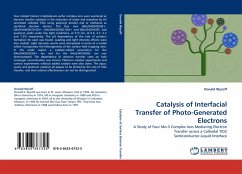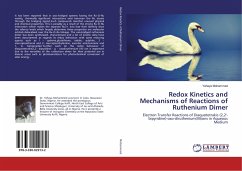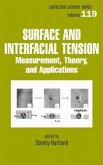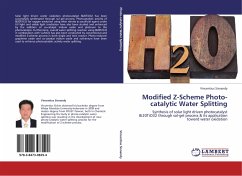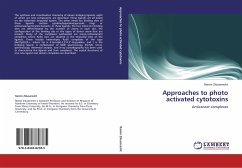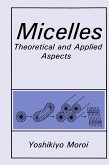Four related trimeric molybdenum-sulfur complex ions were examined as electron transfer catalysts in the reduction of water and acetylene by UV sensitized colloidal TiO2 using polyvinyl alcohol and or methanol as sacrificial electron donors. The four ions [Mo3S4(OH2)9]4+, [Mo3FeS4(OH2)10]4+, [Mo3NiS4(OH2)10]4+ and [Mo3S4(CN)9]5- had quantum yields under low light conditions, at 313 nm, of 6.6, 4.7, 2.4 and 7.2% respectively. The pH dependence of the rate of product formation for each was found. Loading and light intensity effects were also studied. Light intensity results were interpreted in terms of a model which incorporates the heterogeneity of the surface hole trapping sites. In the acidic region a catalyst-colloid association for the [Mo3S4(OH2)9]4+ ion and for the [Mo3S4(CN)9]5- ion was demonstrated. The dependence of electron transfer rates on hole scavenger concentration was shown. Platinum catalyst experiments and control experiments without added catalyst were also done. The aquo, cyano and platinum catalysts all appear to be limited by the rate of hole transfer, and their relative effectiveness can not be distinguished.
Bitte wählen Sie Ihr Anliegen aus.
Rechnungen
Retourenschein anfordern
Bestellstatus
Storno

